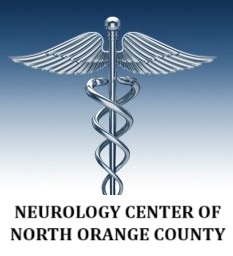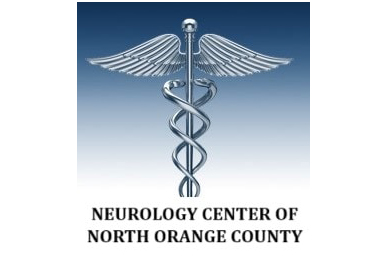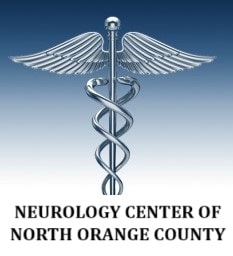Best Resources for Alzheimer’s Clinical Trial Info
When you or a loved one is diagnosed with Alzheimer’s disease, the first emotional response is often one of shock and hopelessness. Alzheimer’s causes cognitive impairment that most research shows to be irreparable.
Sometimes a patient’s cognitive function remains the same for months or years after a diagnosis, while sometimes the decline is rapid and immediately noticeable. And sadly, most patients are only diagnosed once the damage to their brains is already very advanced because they choose not to be tested until their symptoms become obvious.
But will an Alzheimer’s diagnosis always mean an inevitable decline? Is it possible to slow the progress of the disease, or even stop it altogether, with the right treatment?
The only way to answer that question is through research study. Alzheimer’s clinical trials present the first step of finding out if it is possible to solve the problem of Alzheimer’s disease, Lewy body dementia, and other neurodegenerative diseases.
Every year, promising new drugs and treatments come on the scene. Before they can be approved for sale, however, they need to be tested on actual Alzheimer’s disease patients. This allows researchers to document efficacy and side effects while documenting changes to the patient’s brain under the Alzheimer’s disease neuroimaging initiative.
If your loved one is beginning to show symptoms of cognitive impairment, and is interested in participating in an alzheimer’s clinical trial, they may need your help to find the information they need to find the right clinical trial to join. Here are several resources that may help you find a trial that will suit the patient’s individual situation and needs.
Google For Alzheimer’s Disease Drug Trials
The world wide web is a good place to start looking for a drug or treatment trial. If you have a positive diagnosis you may qualify for more trials than you are able to pursue.
When searching for the right trial it is easy to worry that the treatment may not work. Dementia is a very tricky and difficult disease to treat, and neurodegenerative diseases are notorious for being difficult to reverse.
Participate in a clinical trial, not just because you think you may be cured or have the progress of the disease slowed, but also because you want to be part of finding the cure for others. Researchers are working tirelessly to find ways to prevent and cure Alzheimer’s disease, but they need more data and more case studies in order to find the formula that will ultimately stop the progress of the disease.
Neurology Center of North Orange County: Many Trials, One Facility
If you are local to Orange County, it is highly advisable to contact the Neurology Center of Northern Orange County. Their specialized and patient-centered approach ensures that they will provide patients and families with the support they need, while testing Phase II and III drugs and treatments for Alzheimer’s and other diseases.
Their clinical trials include pharmaceuticals, devices and antibodies, seeking to confirm efficacy that has been indicated in past studies. Some trials also focus on individual symptoms such as agitation, and there are studies that seek every stage of the disease from healthy but at risk, to mild cognitive impairment, to the point where a patient becomes disabled by the advance of the disease.
These treatments, whether in the form of a drug or a device, offer hope for those whose Alzheimer’s is caught early; but some of them also promise to make living with the disease (whether as a patient or as a caregiver) more bearable.
How To Join Memory Trials
If you wish for yourself or a loved one to participate in one of the memory trials at the Neurology Center of North Orange County, begin by filling out their short questionnaire. This will include providing contact information and using a captcha to confirm you are human.
Complete the security check and you will be able to be assessed for whether you qualify for any of the studies.
Multiple Alzheimer’s disease clinical trials are available at any given time, and the researchers will be happy to help you decide which trial best suits your symptoms and disease progression.
Part of the Solution: Participate in Alzheimer’s Disease Clinical Trials

Whatever your stage in the progress of Alzheimer’s disease, your experience can provide valuable data for researchers who work tirelessly to find ways to relieve and cure this illness. Clinical trials are a necessary and beneficial way to determine whether a drug has effectiveness against Alzheimer’s disease.
No cure will ever be found without trial participants, and if you have an Alzheimer’s diagnosis you are uniquely suited to provide valuable data.
In return, you will receive support, comfort, and just maybe hope, if the drug that you are testing proves to have efficacy and be capable of slowing the disease.
Contact researchers and ask to participate in a clinical trial today.




